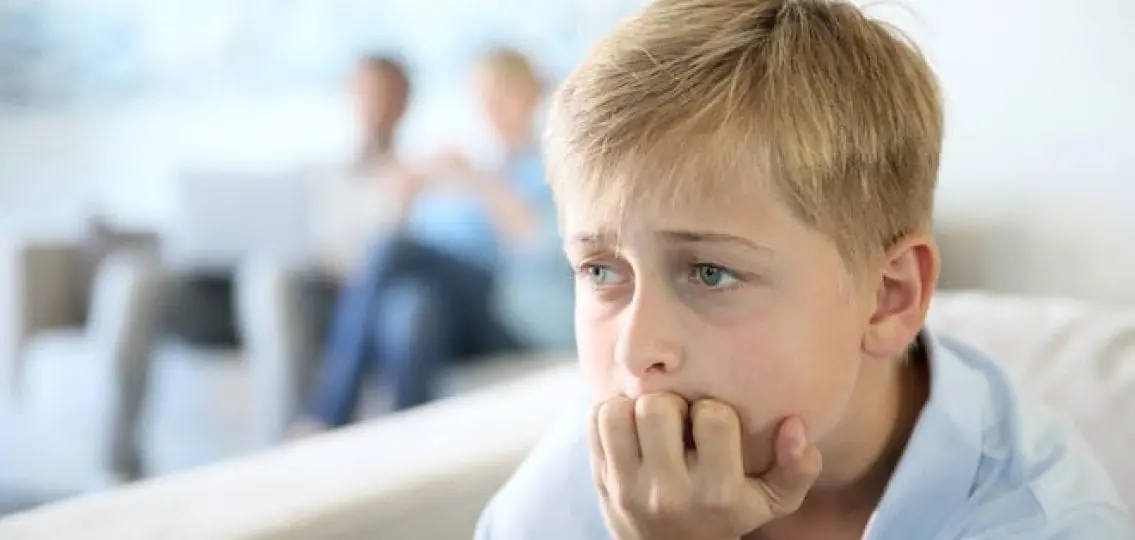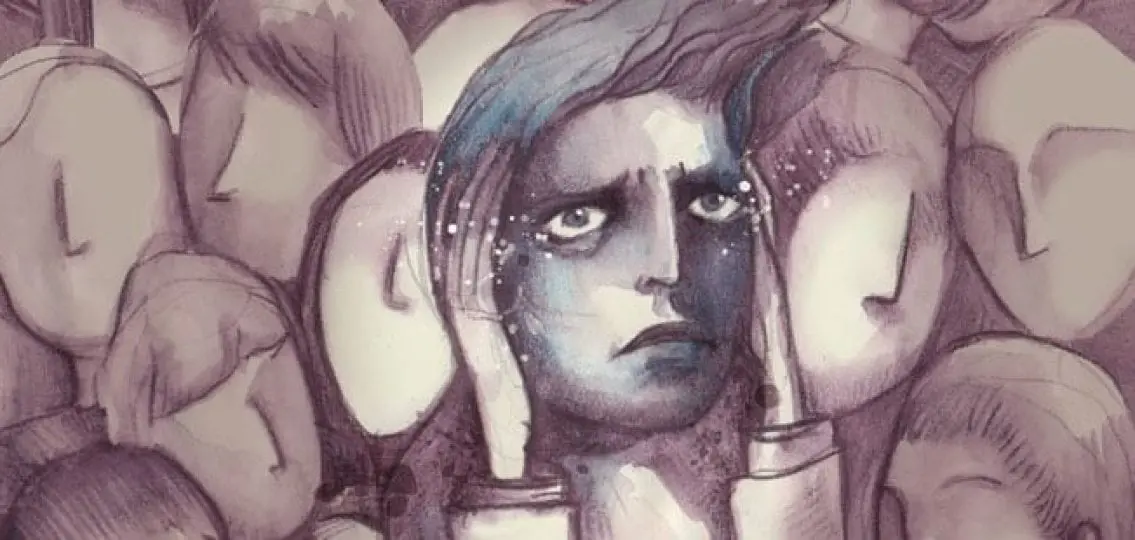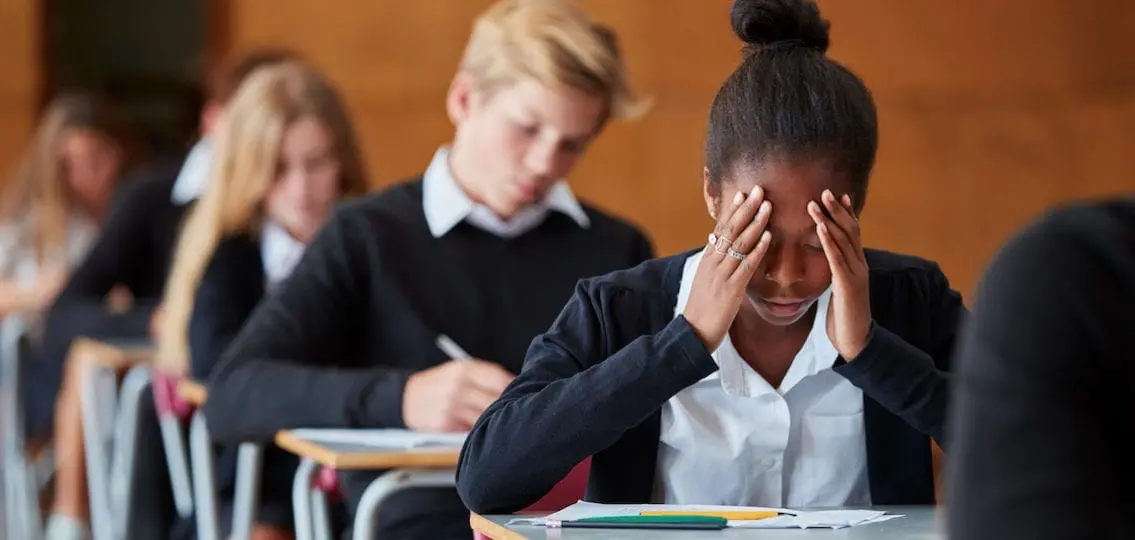Christine, a 16-year-old high school junior, is an excellent student. Recently, she started avoiding schoolwork and test preparation, and became unable to focus on her homework. Sometimes she is late to school because she can’t leave her bed.
When her mother confronts her, she shouts, “I just can’t do it.” Christine complains of “feeling weird” and says she’s “in a dream.”

Christine’s baffled parents wonder why she has become “lazy” and “disagreeable.” What they don’t realize is that Christine is suffering from some of the hidden symptoms of anxiety.
Christine and her parents are not alone. In my 25 years as a clinical psychiatrist, I have seen many “Christines.”
In fact, anxiety is the most common adolescent psychiatric condition.
It is also among the disorders least understood by families, and often goes untreated.
Nearly one in three teenagers will be impacted by symptoms of anxiety before they turn 18, but four out of five of them won’t receive professional help. Only one percent of teens with an anxiety disorder receives treatment at the onset of symptoms, according to the 2018 Children’s Mental Health Report published by the Child Mind Institute in Manhattan.
Hidden Symptoms of Anxiety
Most parents recognize the symptoms of worry and panic. Worry involves an endless loop of “what ifs” and worst-case scenarios, while panic shows itself physically with shaking, heart-racing intensity.
But anxiety involves multiple other symptoms that are much easier to miss. Mistaking them for laziness or bad behavior leads to frustration on all sides. Ignoring these symptoms can risk damaging a teen’s self-esteem and can lead to academic failure, substance abuse, depression, and even suicidal thoughts.
These are the more surprising symptoms of anxiety I commonly see in my practice:
1. Derealization
The teenager believes their surroundings aren’t real, and they are in a dream or trance. According to one of my patients, “Everything seems brighter; colors are more intense.” Others have described it as feeling “detached” or “weird.” This can be a particularly scary symptom to deal with when you don’t know the source.
2. Outbursts and oppositional behavior
This might present as a teenager yelling, slamming doors, and throwing things the day before a test. Or it might look like a teen who refuses to clean their room before being allowed to go out on a date. Although often associated with oppositional defiant disorder (ODD) or attention-deficit/hyperactivity disorder (ADHD), fear and dread can cause this kind of “acting out.”
3. Avoidance of school or social activities
This can range from procrastination on chores or school assignments to refusing to go to school or even leave the house.
Helping Your Teen (And Yourself)
Parents should consider these tips when their teen shows any of the above symptoms.
- Keep your own emotions in check, and resist the impulse to lash out at your teenager.
- Stay connected in a positive way by asking questions or offering a compliment. Your child may try to push you away but will come to you when he or she is ready.
- Don’t take over. Although your teenager may be temporarily unable to keep up academically or socially, resist the urge to step in and do everything for them.
- Practice self-compassion. You are not to blame for your child’s behaviors.
Seek Professional Help
Once properly diagnosed by a mental health professional, anxiety disorders are highly treatable. One effective treatment for anxiety is Cognitive-Behavioral Therapy (CBT). This involves helping the teen confront their fears in a safe, nonjudgmental setting. It is usually performed by a psychologist and is effective in 60 percent of cases. When antidepressant medication is combined with CBT, the success rate jumps to over 80 percent.

Teenagers with lesser-known symptoms of anxiety often suffer twice: first from the anxiety, then from the reactions of their family and friends. Being aware of the possible underlying cause at the onset of new symptoms and facilitating a path towards professional help can make an enormous positive difference in a teen’s life.




